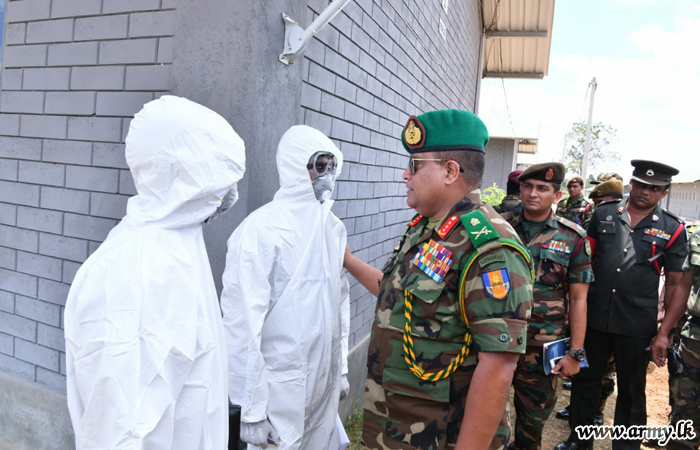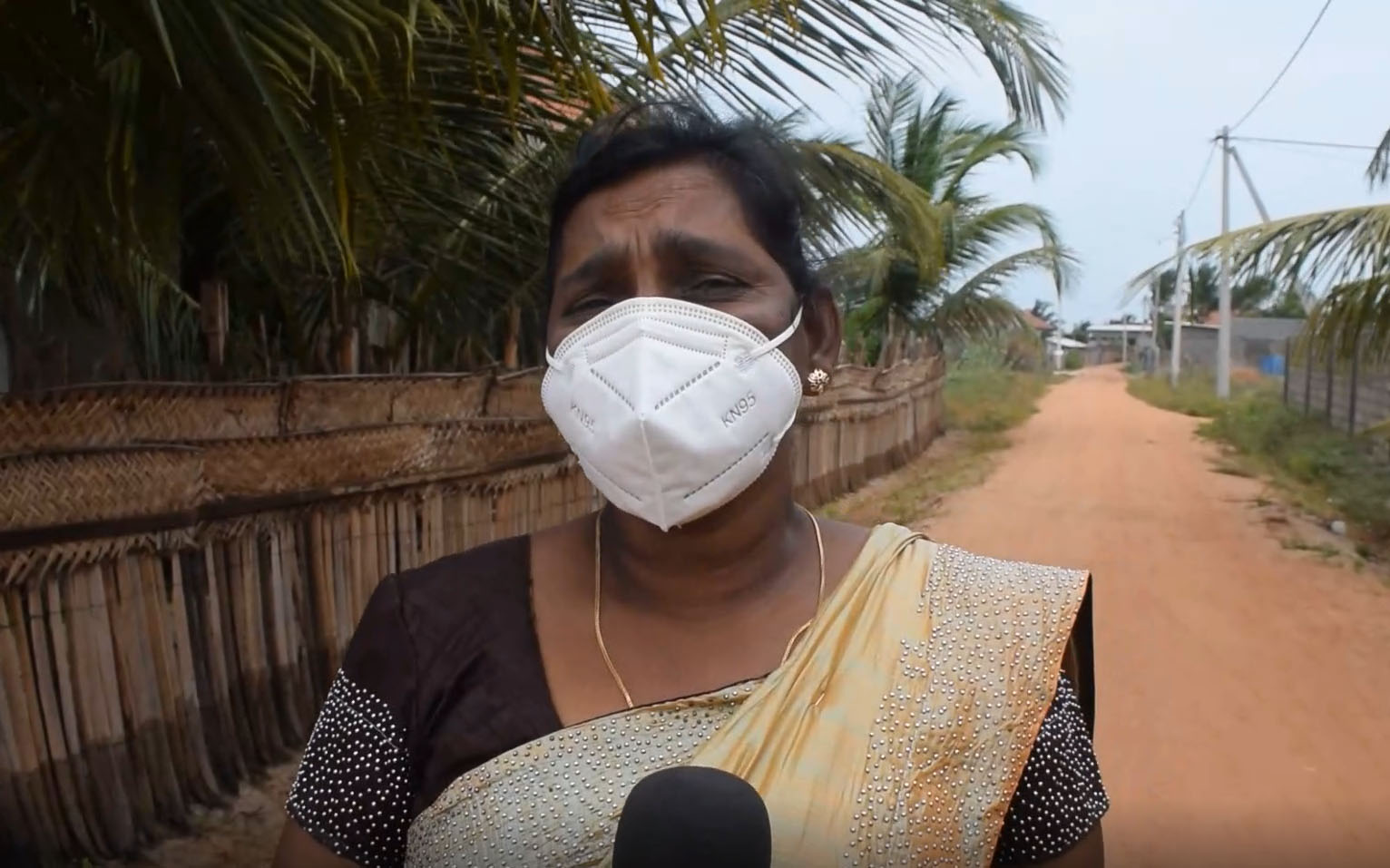![]()
Against the medical advice of Sri Lanka’s own Medical Association and World Health Organisation officials, Sri Lanka’s President refused to impose but has implemented an inter-provincial travel ban as COVID fatalities continue to rise.
Earlier this week the average daily death toll due to COVID rose above 100, with an estimated number of 5,620 deaths since the pandemic began. On Wednesday the death toll reached 156. However, there is concern over these figures as a high-ranking Sri Lankan Army Officer and two specialists at the Epidemiology Unit have been accused of manipulating data to underplay the impact of the pandemic. Regional health officials have also pointed out vast discrepencies.
Commenting on this Professor, Suneth Agampodi, an infectious disease epidemiologist and Chair Professor of Community Medicine at Yale’s school of medicine, stated on Twitter:
The global use of Sri Lankan COVID-19 data seems useless and misleading simple due to the reported(https://t.co/cOsMmg8XdX) extreme data manipulations with keeping the numbers <3000 while the actual confirmed is >5000 daily. @bbchealth @WHO @AlJazeera @CNN @the_hindu @WHOSEARO https://t.co/oA02qegt2Q
— Prof Suneth Agampodi (@sunethagampodi) August 13, 2021
A potential investigation to identify the suspects could be undertaken by Sri Lanka’s war crimes accused army commander, Shavendra Silva.
No consensus in cabinet

The inter-provincial travel ban was decided upon following a meeting between Sri Lanka’s President, Gotabaya Rajapaksa, and the Presidential Task Force on COVID. Reportedly there was no consensus in government to impose a lockdown due to concerns over the economic impact.
The meeting follows pleas for Sri Lanka’s Tourism Minister for 21 countries to remove their travel bans on Sri Lanka. Sri Lanka’s High Commissioner in the UK had also claimed optimism that the country would be removed from the UK’s red list.
In announcing the ban, Sri Lanka’s Army Commander maintained that travel restrictions would “not be applicable for banking, tourism, ports, apparel sectors and essential services”.
The travel ban follows a series of protests throughout Sri Lanka in which police arrested teachers and student activists. Sri Lanka’s intelligence officials have blamed protesters for the spread of the pandemic despite the arrested teachers testing negative for the coronavirus.
Read more here: Sri Lanka’s intelligence officials blame protesters for spike in COVID cases
Tamils left to starve

The Tamil homeland has been the hardest hit by the pandemic, with villages across the North-East reportedly not receiving promised aid from the government. Last week, villagers of Uppukulam, Mannar, reported that they had been left without their state-designated aid and that such aid was only provided to a few favoured personnel instead.
Last month, Mannar district council member, Anthonyamma Sritharan, blasted the government’s mismanagement of aid noting that families were pushed to the brink of starvation as they were receiving half of their promised rations, and also receiving the items up to 10-12 days into their quarantine period.
Amnesty International has also released a damning report highlighting issues of patronage and favour in Sri Lanka’s COVID response.
Read more here: Amnesty International slams Sri Lanka's discriminatory COVID-19 response
Sri Lanka could avoid 18,000 deaths
In responding to the pandemic, Sri Lanka Medical Association and the Intercollegiate Committee urged Sri Lanka’s President that a minimum of a two-week lockdown could prevent a vast escalation of COVID-19 infections and fatalities.
"All hospitals that provide services for the care of COVID 19 patients have exceeded their full capacity and are left with no vacant beds available for any new COVID 19 patients,” they stated in a letter to the President.
A group of independent experts, convened by the WHO Sri Lanka went further stating that the country could avert an estimated 18,000 deaths by January if it imposed a four-week lockdown.
